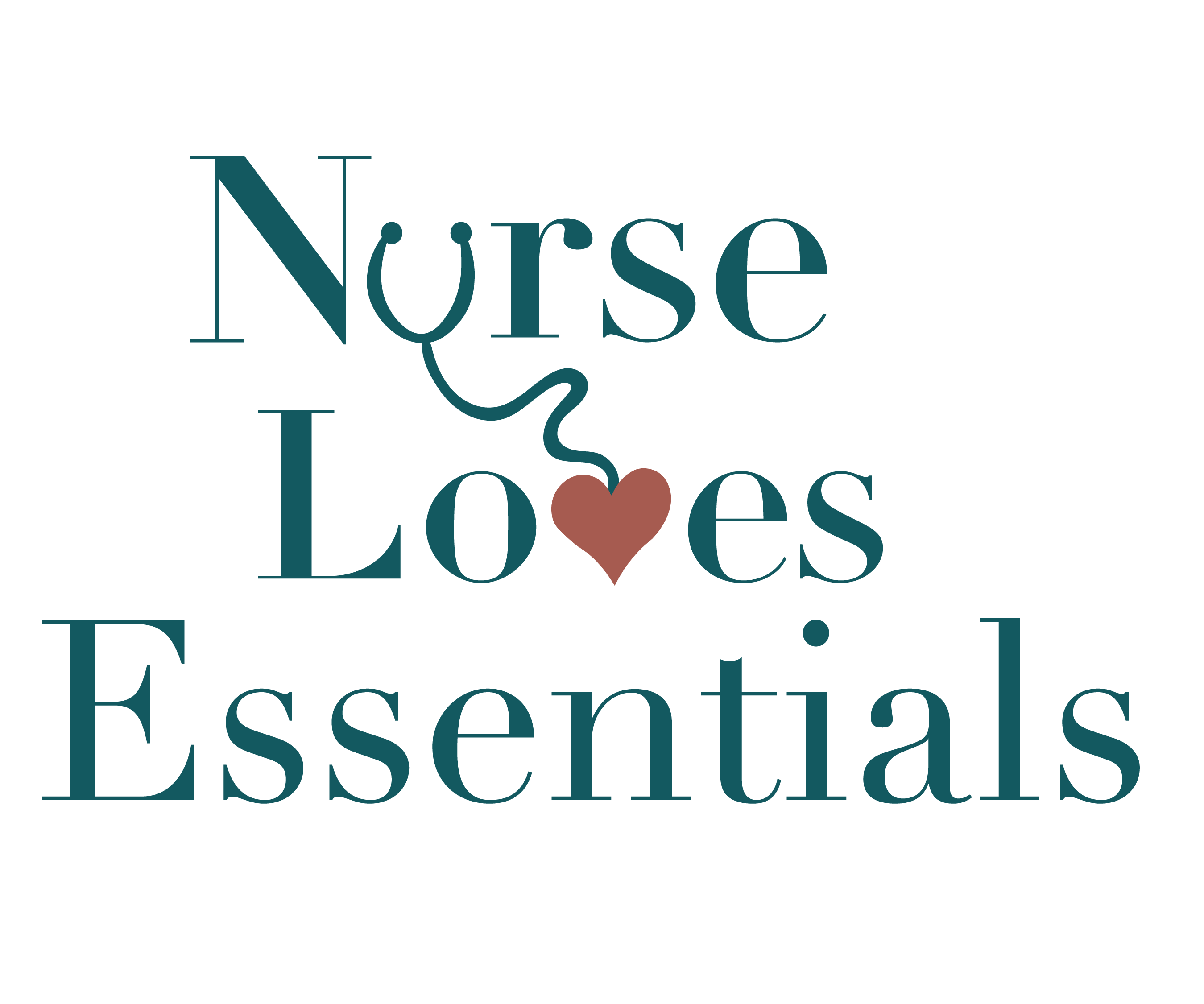
One of the factors that makes a chronic illness more bearable is the existence of chronic illness support groups both online and offline. Several of these support groups are available to people struggling to cope with the harsh realities of their present lives.
Being diagnosed with a chronic illness can initially mean your life has to take a drastic turn. You go through phases of change you never imagined, often causing grief over the life you could have had but lost due to chronic illness.
These changes are often overwhelming, and you need emotional and physical support. The right chronic illness support groups take care of you; they offer all the support required to cope with a chronic illness, including the right resources and experts.
However, you must thoroughly check these support groups because you don’t want to be frustrated when you don’t get what you should.
RELATED POSTS:
What is a chronic illness support group?
A chronic illness support group offers practical and personal insights into the nature of any chronic disease. They usually consist of people diagnosed, health professionals, and sometimes, psychiatrists because of the mental health effects of these diseases.
Most support groups also offer advocacy support and, sometimes, legal support as well.
In summary, chronic illness support groups are created by people living with chronic conditions for people like them to have a community where they can get support of any kind. You can find these groups online; usually, they are location-based, but a handful of support groups are also online.

Support groups vs. Group therapy
I had to create a space to explain that group therapy differs from support groups. While both offer support to members, their goals are entirely different.
Group therapy offers support to its members to help them change.
Support groups, on the other hand, help their members to cope.
Aside from this difference, group therapy mainly focuses on psychological problems and can include people with compulsive behaviors, social impairments, esteem issues, and addictive behaviors.
Importance of chronic illness support groups
Support groups have been linked to having more of a positive effect on patients. This is because they go beyond clinical treatments and get personal and practical with patients.
For example, a patient might not be okay with opening up to their doctor regarding their illness but might be able to open up when they hear someone going through the same condition.
As a result, some hospitals have support groups for some types of illness or, at least, are affiliated with one, so it’s easier to refer their patients and track their physical and mental improvement.
Here are some benefits of being a member of any of the chronic illness support groups:
1. Improve self-management
Chronic illness support groups help improve self-management by patients because they offer knowledge and resources that give their members insight into the disease. This helps them learn how to deal with specific symptoms, what to expect, and the motivation to stay committed to their treatment.
2. Connection
The thing about having a chronic illness is that it is easy to feel lonely, isolated and even feel guilty. Having a community of people in the “same boat” can help to alleviate these feelings.
3. Control
Learning about your health condition, getting related resources, getting answers to your questions, and hearing other people’s experiences can give you a sense of empowerment and control you might not get from your doctor.
4. Motivation
Seeing how other people cope with the same health conditions and watching people fight and overcome the same hurdles you have will, in no doubt, change your mindset. It motivates you to keep pushing and makes you believe you can make it as they have.
5. Communication
Chronic illness support groups offer the opportunity to communicate at your convenience. It may be because everyone in the group understands how difficult it is to open up about how you feel, but there is no pressure on you to open up.
Also, since members often have the same type of diagnosis, concerns, similar treatment options, and technically speak the same language, it gets easier to communicate.
6. Knowledge
In chronic illness support groups, you get more knowledge about your health condition, treatment options, side effects, and so much more from people who have experienced it.
7. Emotional support
The mental health effects of a chronic illness diagnosis can be challenging to cope with, but when you are around people who understand how you feel, it gives you the emotional support to keep living and thriving.

Things to check in chronic illness support groups
Before getting into any chronic illness support group, you must check some crucial facts about it; you want to know how effective this group will be in managing your health conditions and if you can trust the information the group gives.
When managing a chronic health condition, information is as vital as the treatment given by your doctors.
Before joining any chronic illness support groups, here are some things you need to check:
1. Specific (is it specific to your diagnosis?)
This is fundamental to joining any chronic illness support group. If they are not specific to your health condition or they cover a range of different, unrelated chronic diseases, it is not for you! Imagine having endometriosis and joining a support group for arthritis patients.
A support group must be specific to what you have because the purpose of a support group is to offer support to people in the “same boat.”
Some chronic illness support groups are even specific to certain stages of a disease, which is a good thing. The more specific a chronic illness support group is, the more effective it will be.

2. Confidentiality (are your details safe?)
You want to learn how they keep their members’ details safe, including your house address, contact, and health information.
Confidentiality questions can and should be asked directly. You can learn all about their confidentiality policies and terms, situations where they are allowed to break that confidentiality, and possibly, the fairness of it.
Don’t sign up if they won’t keep your details safe.
3. Frequency (how often do they meet?)
How often are the meeting days, and for how long does each session last? You also want to know if the sessions go on indefinitely for each member or if it is something that has an end date. For example, if you sign up for an endometriosis support group, will your access end after one (1) year, or do they go on for life?
The group should balance the frequency of these meetings, and also, you want to sign up for a support group that lasts longer because most chronic illnesses are for life!
4. Location (where do they have their meetings?)
The location of meetings is as important as the frequency. Are the meetings online? Or offline?
Online meetings might be more flexible and private but less effective than offline meetings regarding communication, understanding, and management. Similarly, you should avoid offline meetings in secluded or exposed locations for security and privacy protection.
5. Affiliations (are they affiliated with NGOs or health institutions?)
Some chronic illness support groups are affiliated with hospitals, NGOs, and other health institutions. These types of support groups are more trustworthy, organized, and effective. You can make findings about the affiliated institutions and uncover benefits that can be useful to you and those that aren’t.
6. Promises (do they say there’s a cure?)
Any chronic illness support groups that offer you a cure or other absurd promises upon registration are a RED flag! Chronic illnesses are chronic because they mostly do not have a cure, although one can manage them to an extent where the symptoms are entirely subdued. But when a support group offers you a permanent cure, you know what that is—A LIE!
They are most likely in it for money and would offer the wrong information to their members. However, you can always confirm with your doctor.
7. Experts (do they have experts like doctors or mental health experts?)
Doctors, psychologists, therapists, and consultants are some experts forming a proper chronic illness support group. Some support groups might have a partial team but will have a basic team.
How many health experts do they have? What type of expert do they have, and what kind of expert do you need? The answer to these questions will help you decide if a particular support group will be valuable.
8. Priorities (do they impose products and services?)
Chronic illness support groups shouldn’t impose their products or services on their members. Unfortunately, you might not be able to know this without being in the group. Still, you can choose to leave the group if you discover this.
If a chronic illness support group attaches a specific service to pay for a product, then you know its priority is not in its members. For example, an arthritis support group offering you access to new research resources on the condition that you buy arthritis ergonomic equipment is not right.
9. Training (are their staff trained or certified?)
You might find this information on the group’s website or brochure. You can check the list of staff and also their qualifications and experience. Although there is the possibility of fraudulent practices, and that’s why I always prefer affiliated chronic illness support groups; otherwise, be sure to check every detail.
How to find chronic illness support groups.
There are some trusted ways you can find chronic illness support groups. Remember that you need a specific group, so you must go through these routes. This limits the risk of signing up with a fraudulent group.
- Ask your doctor
- Check NGOs committed to that specific condition
- Verified health websites
- Ask your therapist (if you have one)
These are the best ways to find a verified and legit chronic illness support group.
Chronic illness support groups I know.
Here is a list of chronic illness support groups and websites I know:
- Rheumatoid Arthritis Warrior Group
- Autoimmune Association
- ViuHealth- Monthly Roundtable
- Warrior to Warrior Program
NOTE: do not submit private details of yourself over the internet; it is best to send any information via email and make verifications first.

Conclusion
Chronic illness support groups are essential in your chronic illness journey because you want to avoid feeling like you are the only one going through what you’re facing. Although it is saddening to think you are relieved at the thought that someone is going through the same pain, that is the reality we face every day.
Hearing someone express that they experience the same things you do, understand what you say and aren’t saying, and have been in your shoes at least once, is a different relief. This is what chronic illness support groups give to you.
However, before signing up for any chronic illness support group, you must tick some things off your checklist. As I mentioned earlier in this post, these points are vital to get the best out of any chronic illness support groups you sign up for.
Which chronic illness support group are you in, and for what illness? Share details in the comment section; you might be helping a life.
READ ALSO: Why & How you can be a self-care advocate with chronic illness




0 Comments